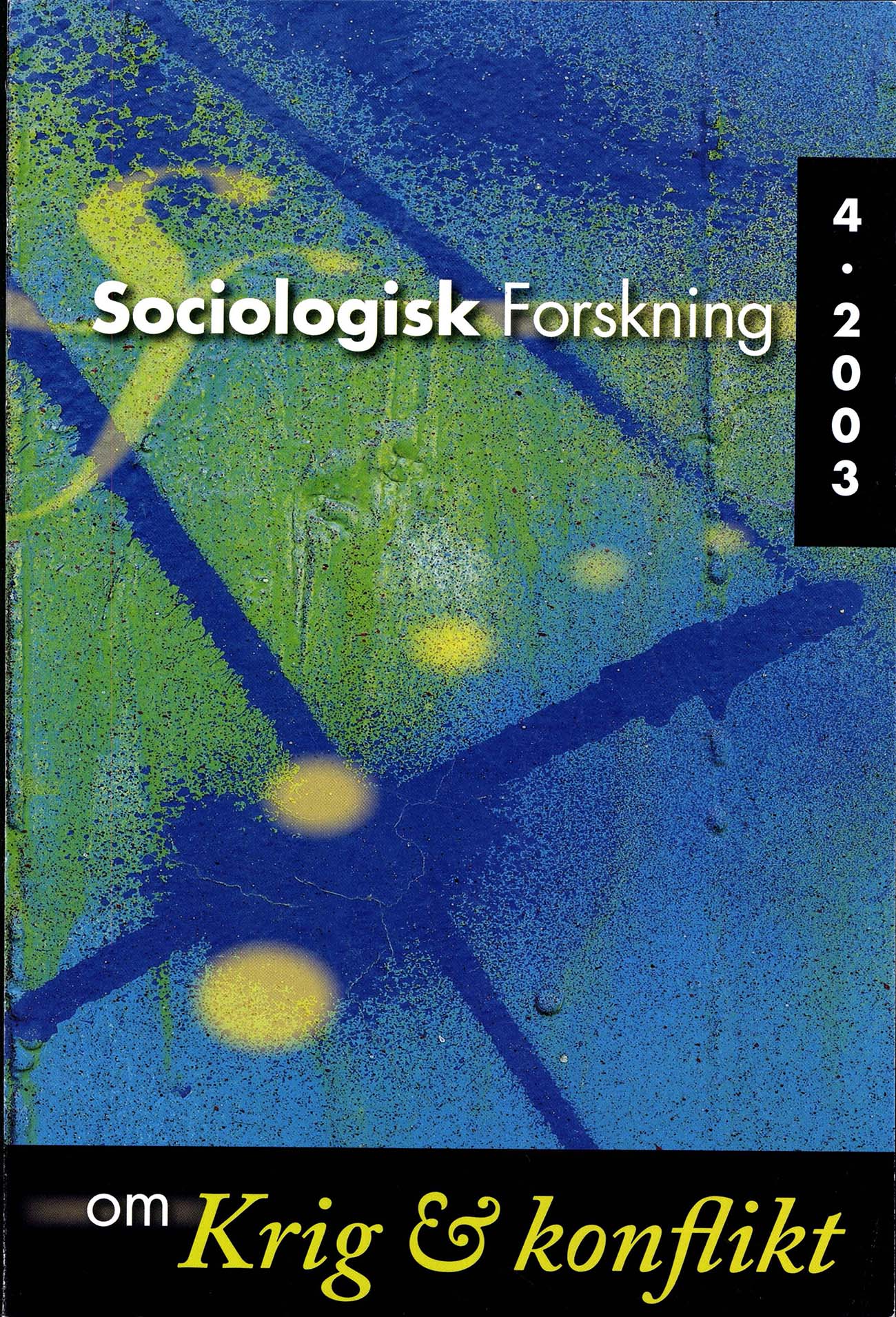Klasspolitik och "nypolitik" under knapphet och globalisering:
Åtstramning av välfärdsstater i 18 länder 1975-1995
DOI:
https://doi.org/10.37062/sf.40.19423Abstract
The relevance of socio-economic class and of class-related parties for policy making is a recurring issue in the social sciences. The “new politics” perspective holds that in the present era of austerity, class-based parties once driving welfare state expansion, have been superseded by powerful new interest groups of welfare state benefit recipients able to largely resist retrenchment pressures emanating from post-industrial forces.
We argue that retrenchment can fruitfully be analyzed as distributive conflict involving a remaking of the early postwar social contract based on the full employment welfare state, a conflict in which partisan politics and welfare state institutions are likely to matter. Pointing to problems of conceptualization and measurement of the dependent variable in previous research, we bring in new data on the extent of retrenchment in social rights and show that significant retrenchment has taken place in several countries. Our analyses demonstrate that partisan politics remains significant for these kinds of reversed changes, even when we take account of contextual factors, such as constitutional structures, economic factors and globalization.
Downloads
Publicerad
Referera så här
Nummer
Sektion
Licens
Allt material i Sociologisk Forskning publiceras med omedelbar öppen tillgång (open access), under Creative Commons-licensen CC BY-NC-ND 4.0.
Allt innehåll i tidskriften är fritt tillgängligt utan kostnad och får för icke-kommersiella syften fritt läsas, laddas ned, kopieras, delas, skrivas ut och länkas. Innehållet får dock inte ändras. När innehållet används måste författare och källa anges. Upphovsrätten till innehållet tillhör respektive författare. Inga publiceringsavgifter tas ut.





